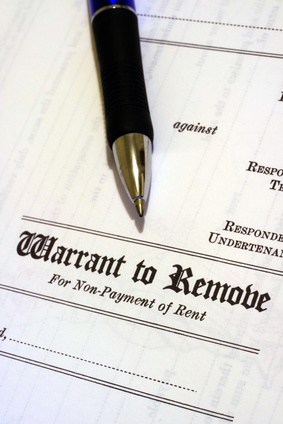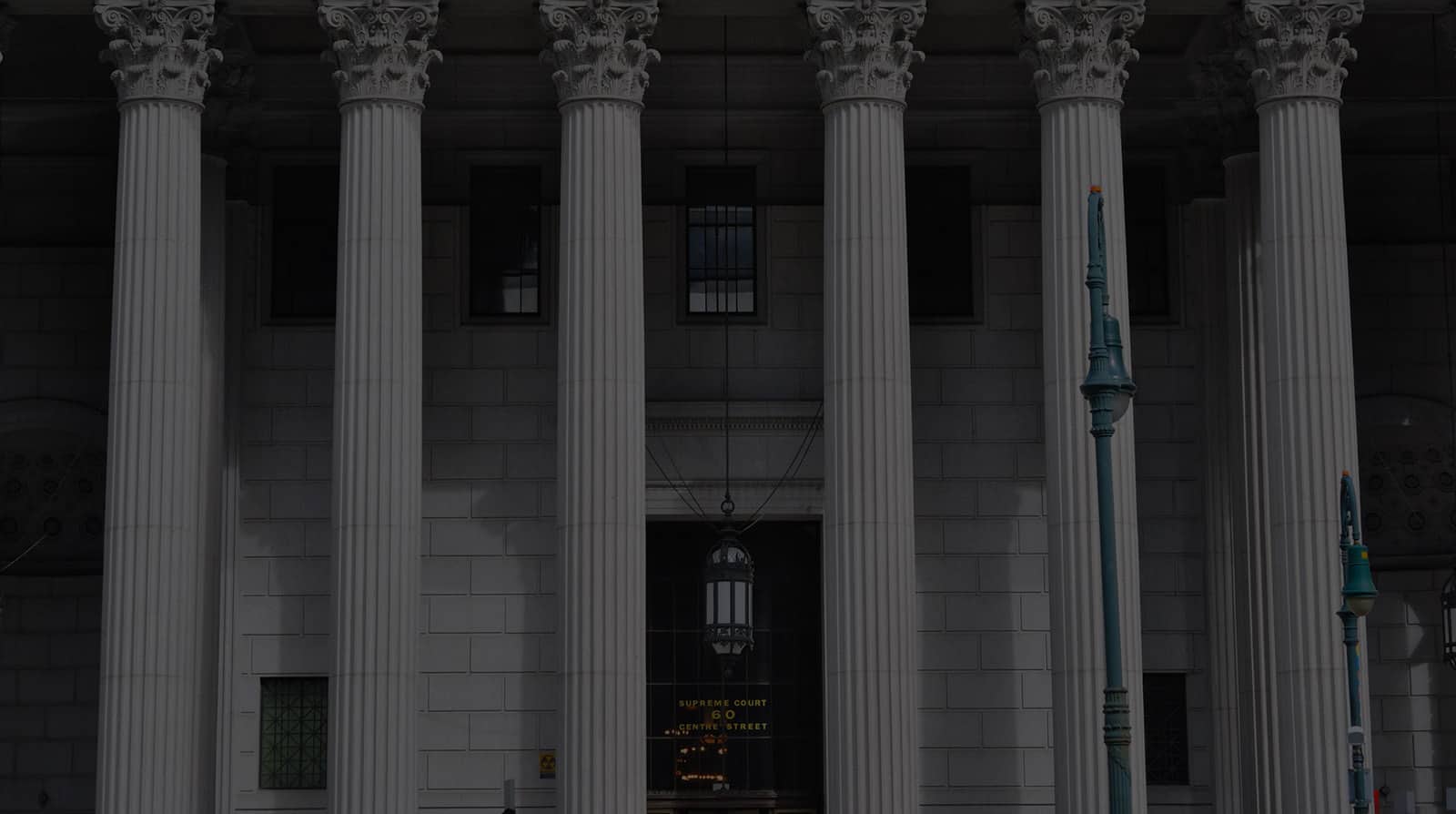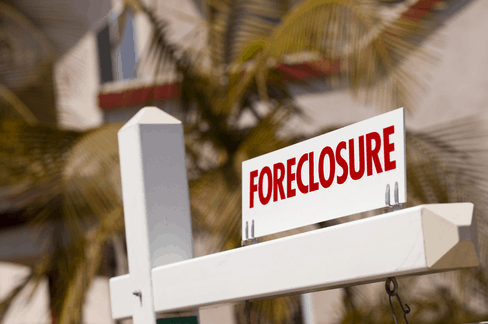Landlords don’t have to wait to start the evictions process.
On March 15, 2020, the Honorable Lawrence K. Marks, Chief Administrative Judge of the State of New York, issued an Updated Protocols memorandum to all judicial and non-judicial personnel of the Unified Court System. That memorandum provides that effective 5 p.m. on Monday, March 16, 2020, all nonessential functions of the courts will be postponed until further notice. It also provides that effective Monday, March 16, 2020, all eviction proceedings and pending eviction orders shall be suspended statewide until further notice.
While establishing protocols for helping to deal with, and eventually putting an end to, the coronavirus public health emergency in New York State, is a good idea and we should all work together to follow official guidelines and recommendations for public safety, you do not need to sit back and suffer with a non-paying or problem tenant whose tenancy you would like to terminate. Nothing in the law or the current protocols of the Court System prevents landlords from starting the eviction process by serving the appropriate predicate notices.
For example, if you have a month-to-month tenant who has lived in your rental unit for more than two years, and you desire to terminate that tenancy for reasons other than non-payment of rent, you can still arrange to have him or her served with a ninety-day notice of termination, which is the statutory predicate to beginning a hold-over eviction proceeding in such a case. By the time the ninety days runs out, the current public health emergency may very well be over, and the courts may very well be up and running at full capacity again.
It makes sense to start the process now and not wait until some point in the future when the government declares the health emergency to be over. Waiting will only cost you additional time and frustration. Act now and get the ball rolling to remove your problem tenant.
Even in a non-payment eviction, there is a requirement that a predicate notice be provided to the tenant informing him or her that you have not received the rent within five days of its due date. There is also a requirement that the tenant then be served with a fourteen-day rent demand informing the tenant that he or she has fourteen days to either pay all the back rent or surrender possession of the property before the eviction action can be started in court. Why wait to get that done?
Cooperating in a time of crisis is important. But unnecessarily compromising your rights and suffering with a non-paying or problem tenant is something no one needs to do. The time to retain an experienced attorney to start the process of removing your tenant is now.







